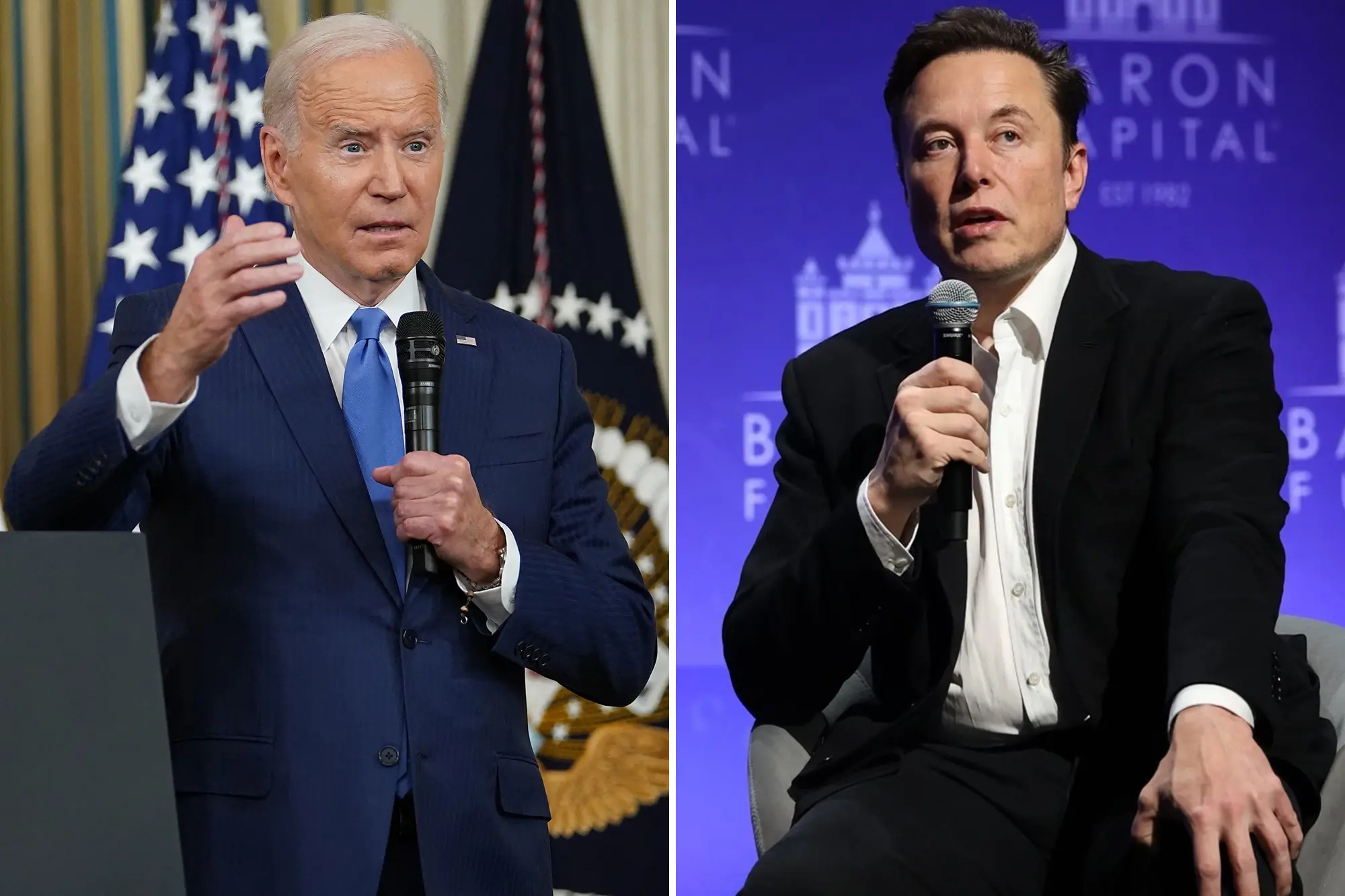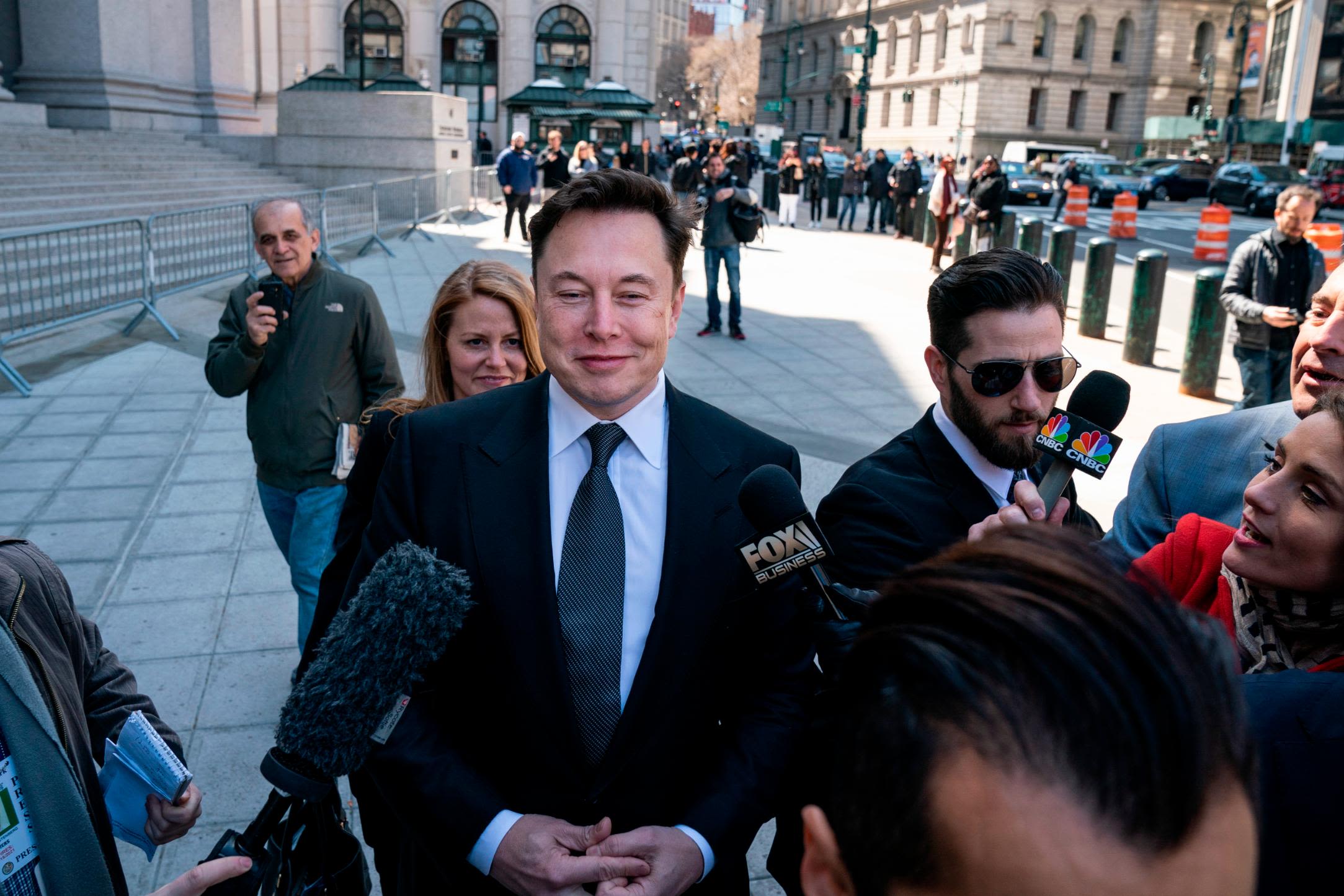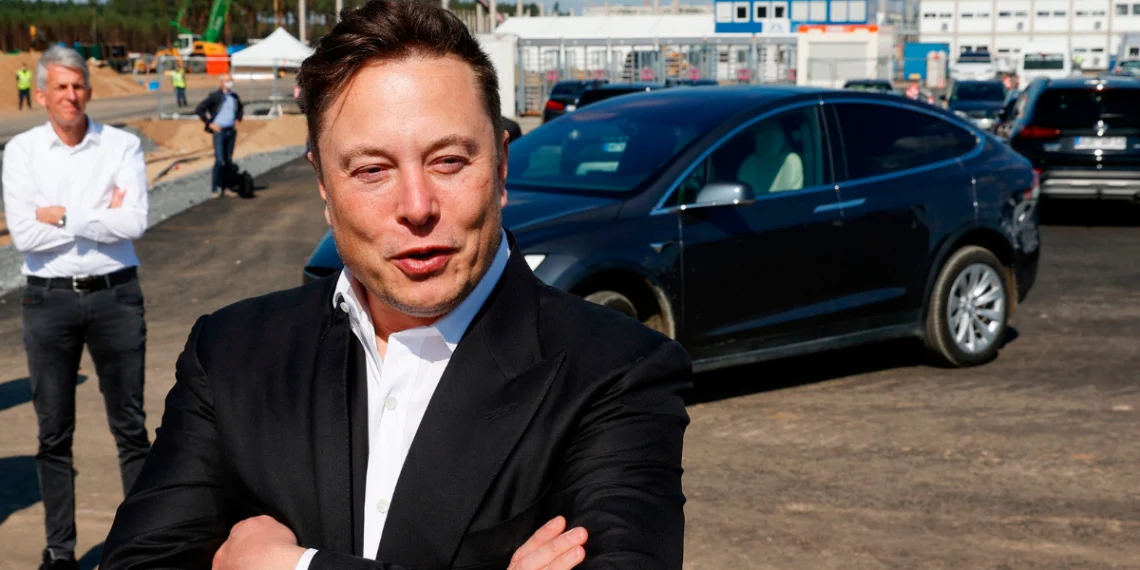The Biden administration has urged the U.S. Supreme Court to reject billionaire Elon Musk‘s challenge against the Securities and Exchange Commission (SEC) regarding a tweet he posted in 2018. Musk’s tweet claimed he had “funding secured” to take Tesla private, leading to accusations of investor fraud by the SEC.
Musk’s dispute stems from a consent decree he entered with the SEC, resulting in fines for both him and Tesla, as well as Musk relinquishing his role as Tesla’s chairman.
Additionally, Musk agreed to allow a Tesla lawyer to approve certain Twitter posts. Musk, who now owns the social media platform Twitter, has renamed it X.

The Justice Department contends that the settlement terms were necessary to prevent Musk from making further false or misleading statements that could violate securities laws. This move by the administration reinforces the importance of regulatory oversight in safeguarding investors’ interests.
A three-judge panel of the 2nd U.S. Circuit Court of Appeals rejected Musk’s argument that the SEC abused its authority to conduct intrusive investigations into his Twitter usage.
The court ruled against Musk’s request to revisit the screening of his Twitter posts, emphasizing that changing his mind did not warrant reconsideration.

Musk’s legal team argues that the SEC’s conditions on his social media posts infringe upon his constitutional right to free speech. They maintain that requiring pre-approval for certain tweets gives the SEC excessive power, violating the First Amendment’s protections against government censorship.
The 5th U.S. Circuit Court of Appeals is reviewing a decision that found Musk violated federal labor laws by tweeting in 2018 about Tesla employees’ potential loss of stock options if they joined a union.
The outcome of this case could have implications for the intersection of social media use and labor regulations.





